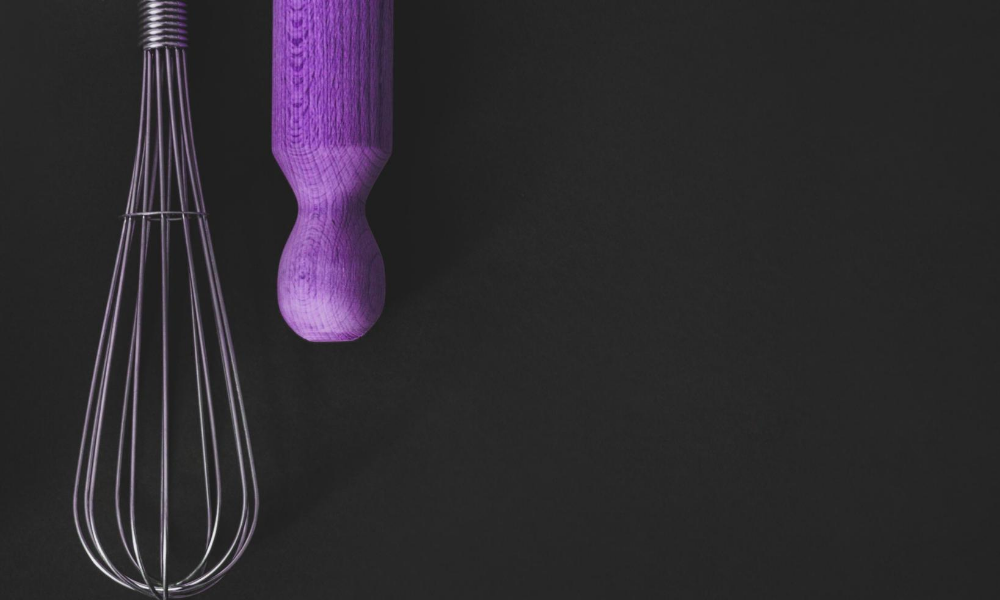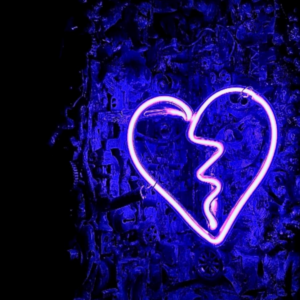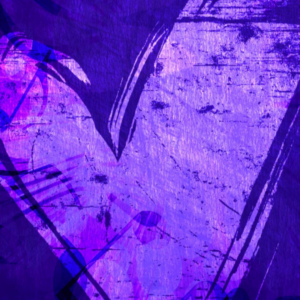My mother has cancer.
The notion bumps into the more pressing matters of “I’m hungry” and “with a full fridge, why is there nothing to eat?”
Heartless.
The streets are empty at five AM. I drive her to the only good hospital in town. I think of the nice mocha latte I will have when I return home. The sun mocks—I thought I would be driving in the dark, but the big star makes it feel like eight AM.
“It’s nice to be up and about this early. It’s the getting up part that was difficult.” I am reminded of where we are going. I glance over, she watches empty sidewalks. I counted the four times she got up last night, it shows.
I follow the signs to hazmat tents. She smiles and pulls on her mask—everyone wears a mask. I watch a burly nurse roughly wheel a fragile lady inside. That would be my mom in a few hours.
“Let’s have a hug.” She pulls me in.
“You got this. It’ll all go well.” I pat her upper back. Only patients are allowed inside.
At home, I rummage through the fridge and triumphantly pull out ham and cheese, good enough for six AM. I will survive going away to college.
I eye the baking ingredients.
By six-thirty, the kitchen is a winter wonderland, dusted in flour and sugar. The beets take an hour to cook. Then puree. Prep. Spoon and bake and rest and prep again and frost.
Unsympathetic.
Cancer is surreal. It’s everywhere and yet I only know two people, including her, who have it. People become clingy and sentimental. When my mother told me she had breast cancer, my first notion was, Perfect, this will make a great college entrance essay, the second was, Shit, I might get it, and finally, The worst that can happen is she’ll have to go back for a mastectomy, we’ll deal with losing the boob later.
When my mother told her best friend, Sarah, Sarah doubled over, cried, and offered to go grocery shopping.
Red velvet cupcakes.
The glazed beets come out of the oven. Purple-red juice drips down my fingertips as I peel them. Will there be blood when they dissect her? My fingers blister.
I throw the beets into the Cuisinart and chop them until they are the consistency of diced onions. It looks like a murder scene. What happens if her heart stops?
I add the milk, lemon juice, vinegar, and vanilla.
Seven-thirty.
The surgery is scheduled to start.
Butter and sugar have to be creamed. Flour is sifted and coco powder dumped into another bowl. I glare at the ever-mounting pile of dirty dishes and the three bowls required to mix the ingredients together. Dry bowl into butter bowl, mix, then wet bowl, mix, then dry, mix, wet, mix. The waste that comes out of surgery must be tremendous. The cleaning crew must have strong stomachs—they probably hate the medical crew.
Twenty-minute bake means leave the first batch in for twenty-five and the second for twenty-one. Ovens, like cells, can be fickle.
The beet flavor came through too much.
I am out of sour cream.
The first post-surgery phone call will be daunting. Ten AM. Mom has been in surgery well over two hours.
I need sour cream for the cream cheese frosting, but the post-op call is expected to come anytime within the next half-hour. I do not often drive, I find it a hassle rather than a rite of passage, but I am on the verge of adulting and need to embrace it. I drive to the over-priced lacking-any-good-chips health store. Everyone wears a mask. The less-than-five-minute car ride was nerve-wracking because doctors have a tendency to call at the worst of times.
My cell rings.
I fumble.
Good news. She is out of surgery. I call my sister who lives in another state.
Straight to voicemail.
The art of frosting comes from hand pressure. Want shorter spikes or tighter coils? Be closer to the surface of the cake and use a short softer burst of pressure. Loser waves and spirals? Be further away and heavy-handed. Always hold the piping bag end, lest your face becomes the canvas. I do not know where to go to pick her up. Is it the side entrance, front, or back? Frosting always covers up mistakes and taste. Will the surgery scar?
I add chocolate chips—everything is better with chocolate.
The second call chimes. She is discharged.
She looks a hundred years old.
She gags in the car.
I hold her weight as she walks. She is slow and unsteady. Her speech wavers.
I want to cry as I walk her down the long hallway to her room.
I want to cry as I take in her graying hair and pale skin.
I could have lost her and I wish I cried and doubled over and cursed the heavens and begged when she first told me.
My mother has cancer.




